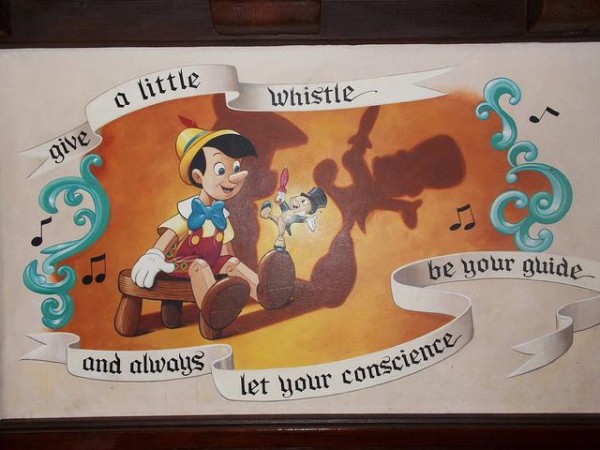Stories that Applaud Character’s Honesty Encourage Children to Be Truthful: Study

Bed-time stories are an integral part of the sleeping ritual in many households. It is well known that narrating a story is the simplest way of instilling moral values and shaping character in young children. A new study by Canadian researchers suggests fables that laud the honesty of its characters encourage children to be truthful. They found stories like 'The boy who cried wolf' and 'Pinocchio,' which focus on negative outcomes of lying, are not effective in inspiring honesty.
The research involved 268 children aged between three and seven who were asked to listen to a sound made by a toy placed at one end of a table and guess its name. In between the trial, the experimenters went out and instructed the children not to peep at the toy in their absence just to arouse curiosity and temptation. After returning, the experimenters read out either 'Pinocchio', 'The boy who cried wolf', 'The tortoise and the hare' or 'George Washington and the cherry tree'. Later the participants were asked to confess if they peeped at the toy.
It was observed the stories-'Pinnocchio' and 'The boy who cried wolf' that cited bad consequences of lying like public humiliation and death did not spur truthfulness and honest behavior in children. But 'George Washington and the cherry tree legend motivated children to admit to peeking. This story applauded George Washington's confession to his father about cutting down his favorite cherry tree. It made children three times more likely to admit if they peeped at the toy.
The authors believe stories illustrating positive consequences of a particular behavior and also the demonstration of negative actions are far more effective in conveying the message and get children to adopt healthy values.
"We should not take it for granted that classic moral stories will automatically promote moral behaviors," said Kang Lee, study author and researcher at the Dr. Eric Jackman Institute of Child Study at the University of Toronto, in a news release.
"Our study shows that to promote moral behavior such as honesty, emphasizing the positive outcomes of honesty rather than the negative consequence of dishonesty is the key," adds Lee. "This may apply to other moral behaviors as well."
The study needs further investigation to determine if moral stories alter children's behavior in the long-run.
More information is available online in the journal Psychological Science.
Jun 20, 2014 06:58 AM EDT




